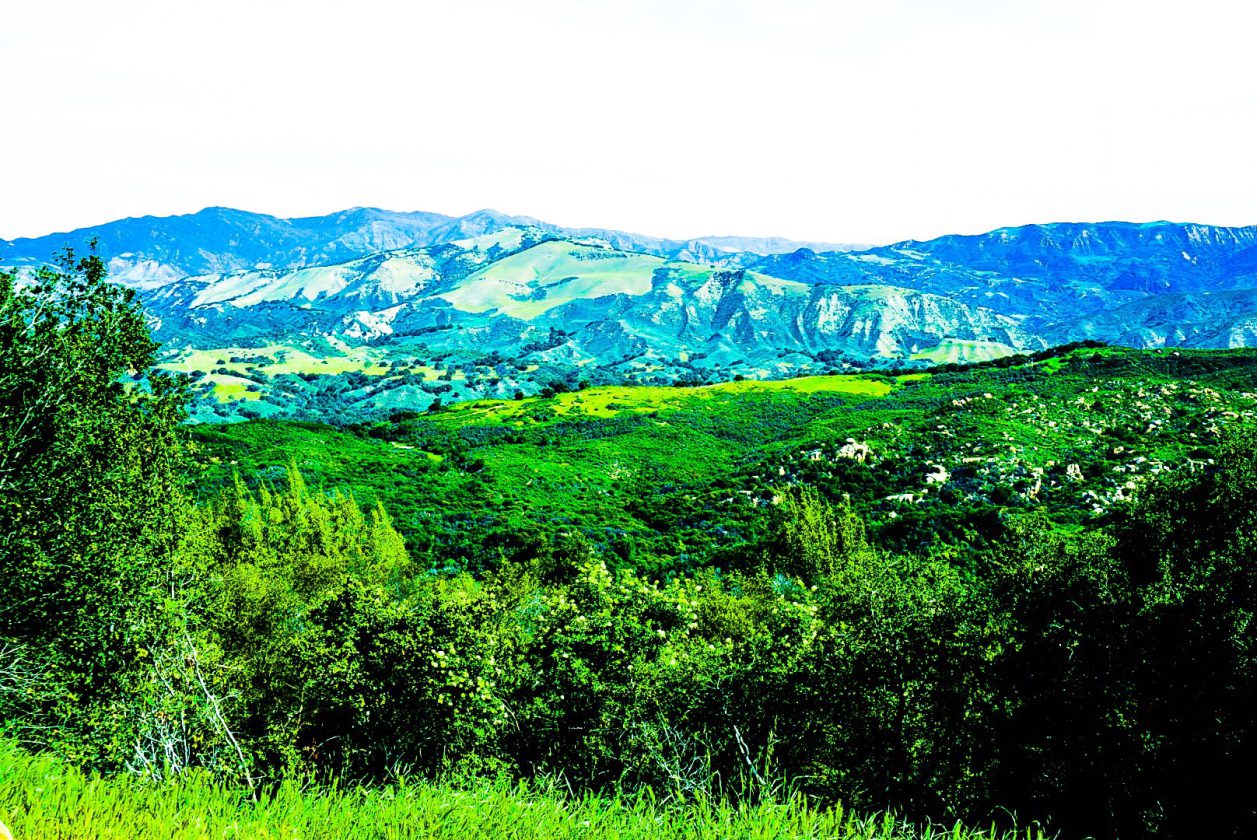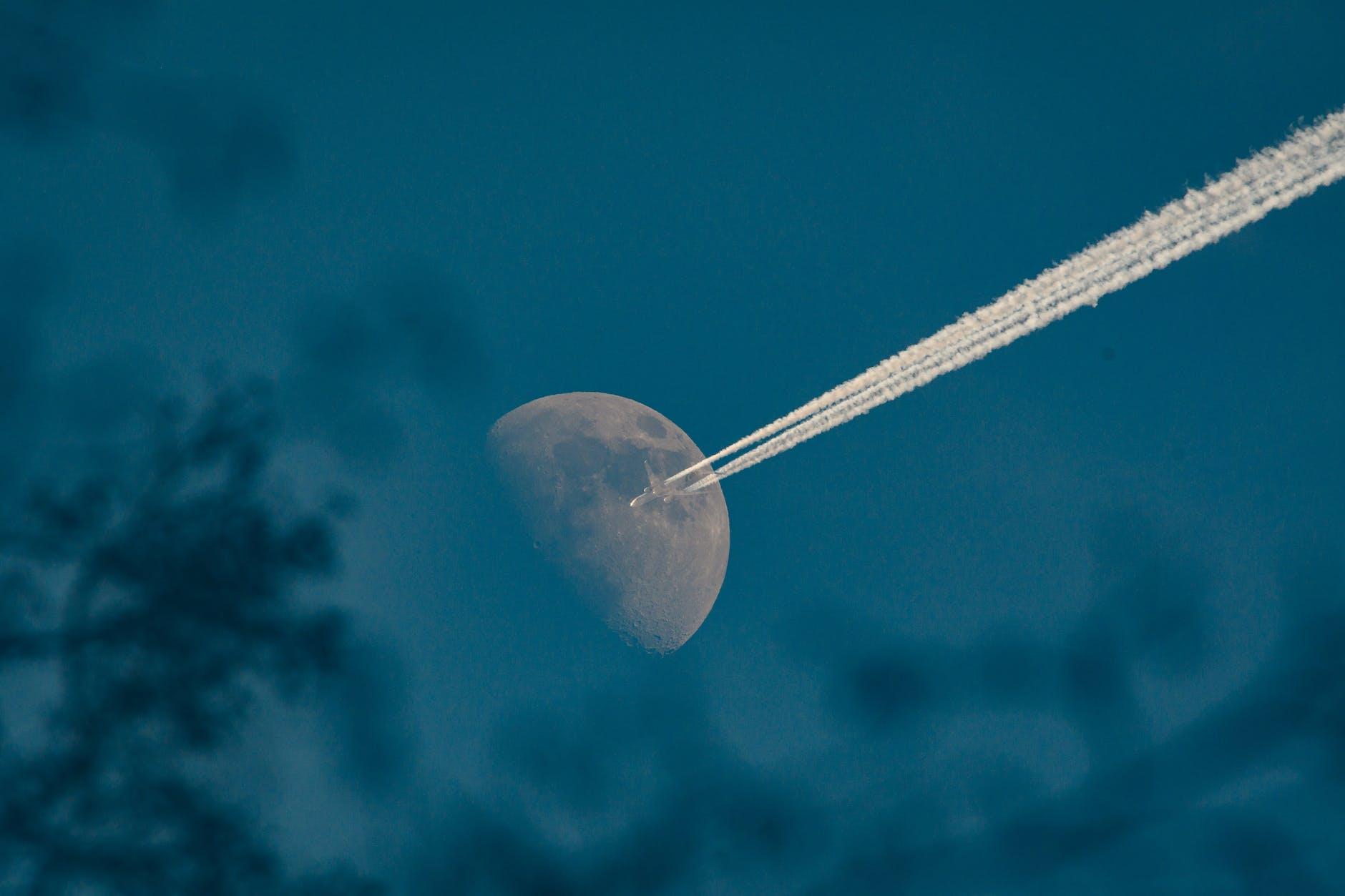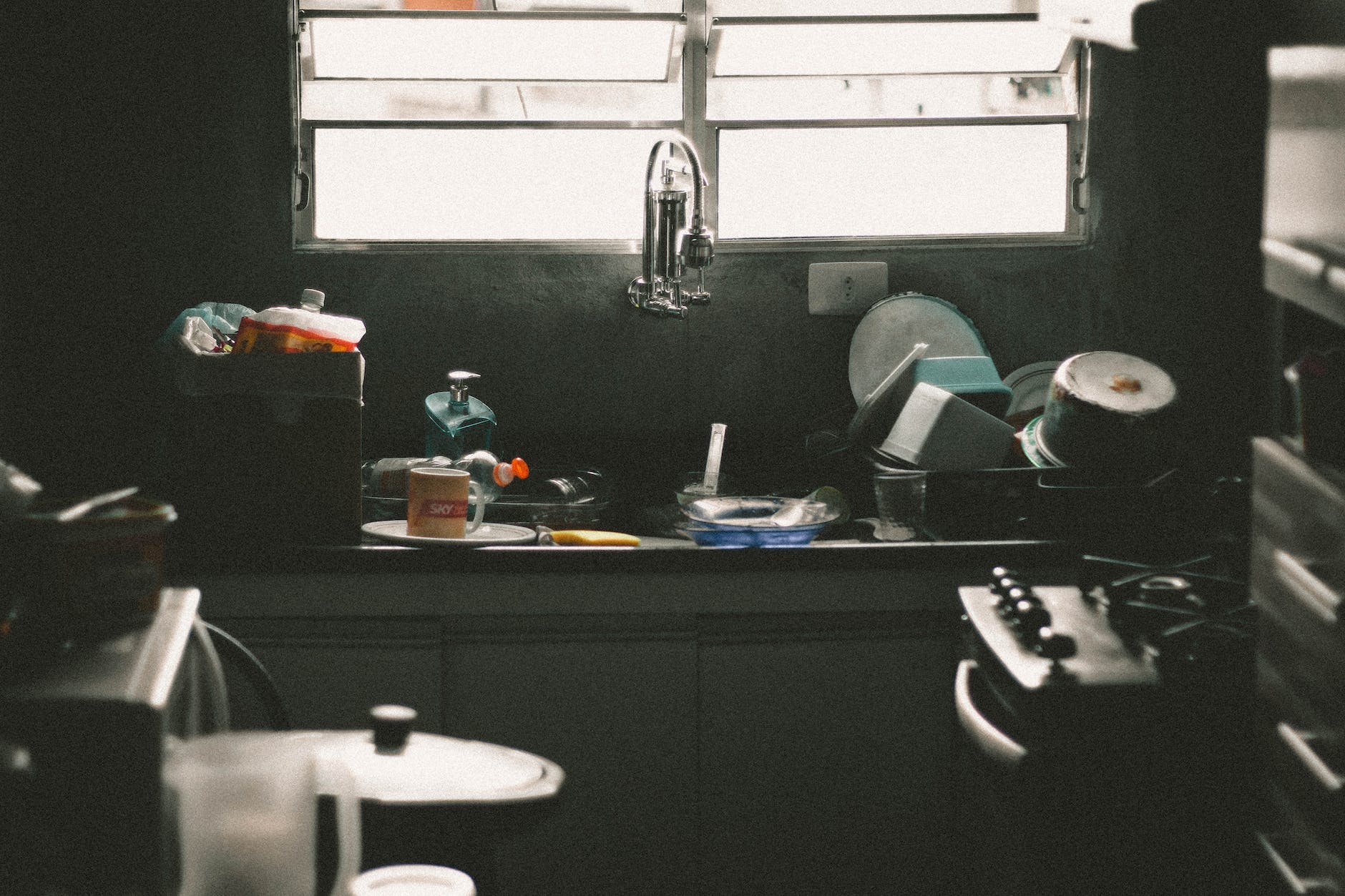Crows and Trains
By Eileen Malone
When I first met my wife, she was fourteen, barefoot, wearing cut-off jeans and pulling back her dirty, dark hair into a rubber band. I was twenty dragging my stick behind me, waving it at passing trains, urging them to whistle. She fell in step with me, marched with me, told me her name was Raven. She was born premature, except she didn’t say the word born, she said, I was premature, something didn’t form right. She wasn’t wanted.
Ma told me to take the poor idiot child as a wife, someone to share my bed with since all I knew was farming onions and all she knew was laundry, mopping floors, and peeling potatoes. No one else would have either of us, two of a kind, both slow, mental, dull. We could share my bedroom. Ma would teach her how to cook, how to keep house, work the land. She would be a help.
We were married between small claims and traffic courts. She wore a white skirt and blouse Ma got her from the thrift shop. Her hair was clean, down, and shiny like her name. When she shrugged, Ma said she had to speak the words “I do” aloud, but she only whispered as if she was a dark bird watching us from a treetop. When she gave off one cough that sounded as light as a singular dandelion puff, Pa clapped his hands. He was never one for talking much, except to crows. I grabbed her in a bear hug, happy to have, for the first time in my life, a girl who liked me. She whispered for me to not hold her so tight, let her breathe.
I went from boy to man on our wedding night, went rough and charged. She turned from me in her sleep, kicked out at bed sheets that lumped into an unopened parachute obviously folded wrong, deathly wrong, behind enemy lines. After that she let me “have my way” with her, that’s what she called it, going limp at night and even in the morning. I worked the fields all day and she worked for Ma. The rest of the time was filled with the old loneliness I was used to. Then came the dullness, there was no light around her body, not even a little light like a rushlight, a candle my grandmother used to make of pith and rushes peeled, dipped in grease. No light, except for her metallic black hair, crow black, when it was newly washed. I loved how she would shake out fresh stars, fling them wildly to dry in the sun. Even now, watching her lean the broom against the door and shake out her hair in every direction makes me happy. I don’t go near. I let her breathe.
When I look back on my life there are few moments of happiness: click beetles trilling in the woodpile, honeysuckled, unexpected rain-showers, a grand honk of geese, marbling moons; words I hear when no one speaks. My father taught me how to listen, how to stand quiet and still, hoe in hand. Showed me how to inhale the onion-thick morning, host air, eat time. How to hold my mouth a hard straight line as he did, as though a barber were shaving him. He didn’t mind when I interrupted to wave at the passing trains, jumping up and down and hollering when someone waved back.
Ma wanted me to be the man my father never was, counted on me to learn by bad example. Said just because strangers wave back at you it doesn’t mean they care about you. Taught me to hold a grudge, trust no one, count your change. Bribery is always good when training children and animals, back of the hand slaps to the face for disciplining your wife when she takes the truck to town, does with other men what she wouldn’t do with you. Just ask her.
The next day, out in the fallowed, odorous onion fields, Raven brought me bologna and mayonnaise on white bread, oatmeal and raisin cookies, a thermos of black coffee, an apple. My fat and thick fingered hands reached out, thin strips of skin falling from calluses, as I slapped her hard across her mouth. I asked her why she had been whoring around, drinking whiskey, going to rented rooms with men passing through town.
She didn’t know. It was only the one time. All she did around here was work and hide from the lashings of Ma. She wanted something more. She wanted to be liked, loved even. She knew I didn’t love her because I never told her that I did, never did anything to show her that I did. It was that simple.
I demanded she tell me everything she did with the other man and she told me. She wanted to tell me, to relive it all, to hurt me back for hitting her, to taste again the passionate details licking her story like an ice cream cone.
She went with only one cowboy. Sat on his suitcase, watched him move the needle on the radio from static to country guitar. He winked at her, swayed ever so slightly in an invitation to two-step. She danced into his downy arms, but it was more than a dance, it was the seizure of the woman inside her horse-wildly turning back to the burning barn. In the whoosh of the beer-can he popped open, she inhaled until there was no air to breathe but the breath of malt and hops and the cowboy pulling her down, unzipping, unbuttoning. There was no shame, only longing and lathering. She told me how she dropped to her knees, buried her face into the bee softness of his young male belly, begged him to let her do what she would never do for me.
When she asked what his purpose was with her, shirtless and grinning, he told her she already knew. He did to her what I did to her, only the way he did it was jubilation and slow rapture, made her cry out. He didn’t hurt her, not even the littlest, tiniest bit. Made her rise and tremble, like a flower opening to a bee. Then he said goodbye, sent her back home. She didn’t want to leave him. He said she had to, he was off to follow the rodeo. Wouldn’t say there would be no other rooms, other women, perhaps eventually a wife, kids, she said sadly. Ten she cried, and cried, and cried. When she unclasped her fist, a pair of cut glass earrings fell from her hand, bounced on the floor. A goodbye gift from him.
I picked them up.
She thickened with child, didn’t know if it is mine or his. Didn’t care. She would love the baby in this place of sadness, love it enough to fill all the empty spaces with the hugeness of her love. That’s what she said. Pure poetry.
Today, I put her wedding skirt and blouse on the scarecrow that didn’t scare crows but invited them to roost. Clipped her gift of cut-glass earrings on the straw stuffed head exactly where eyes should be. From a chattering smudge of crows, one dropped, settled on the scarecrow’s shoulder, arranged her deep glossy sheen against the wind. She emitted a raucous throat-hawking like someone about to cough up phlegm, like my mother used to before predicting there was going to be pain. Without a doubt, she would say, before lancing the boil, scraping out a stinger, disinfecting. Throw her out, my mother said, send her and her bastard unborn child back to the poor white trash that bore her.
Most of my life had to go by before it was time for almost anything, but now, there is only this talk I want do with the crows. Like my father, I want to talk to the crows. Instead I talk to him. He knows how we have shut him out, his turtle eyes, his waiting pre-dawn, patient, kind, shaking a tepid coffee mug in one hand, the other holding the frayed belt of his egg-stained gray wool robe, bare feet on cold linoleum, and eyeglasses down the bridge of his nose. The future doesn’t always change in response to what we do. You must wait this out, he says. Do not send her away, not while her belly holds your future. Don’t listen to your mother. The planted seed doesn’t count, the growing of it, that’s what matters.
This, my mother screeches, from a man who would sneak off to talk to crows anytime things got rough around here, off he’d go to talk to crows, not me, crows! This man who believes a crow can learn to talk if you’re willing to split its tongue.
I go to the scarecrow, wait for the flap of black wings to arrive into the willing air of early morning. I talk. Tell the crows how I’ll take it, I’ll take today, furrow it into tomorrow. Ma will not hurt my wife or her baby, will not hurt Pa or me ever again. Even if my wife runs off again I’ll take her back. I’ll take her any way I can have her. I will keep her. I will go from man back to boy, the gentle one she marched with, and fell in step with, the kind boy who once dragged his stick the way he now drags his hoe. I will reclaim myself who she will learn to love because there will be no one else.
Time will murder the spite of my mother, the failure of my father, the dance of the cowboy.
I tell her to stay. Return to my bed, birth this child, repair the damage. Together we will drag sticks to scratch runes on unplowed land. She can teach me what the cowboy taught her and we will teach our children how to grow onions, talk to crows, forgive us our trespasses as we forgive others.
It will be us, just us, waving passing trains into whistling and jumping up and down, yelling with joy, when any passenger waves back.
We will, at last, be wanted.
–
![]()
–
Eileen Malone’s poems and stories have been published in over 500 literary journals and anthologies, (literary as well as mainstream) a significant amount of which have earned awards, i.e., three Pushcart nominations. She lives in the coastal fog at the edge of the San Francisco Bay Area where she directs the Soul-Making Keats Literary Competition.
–
Photo by: Gessy Alvarez




